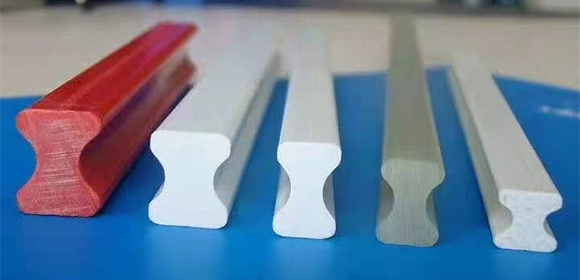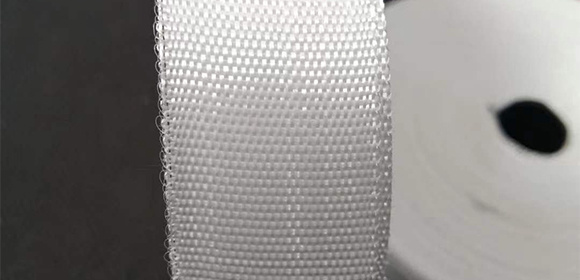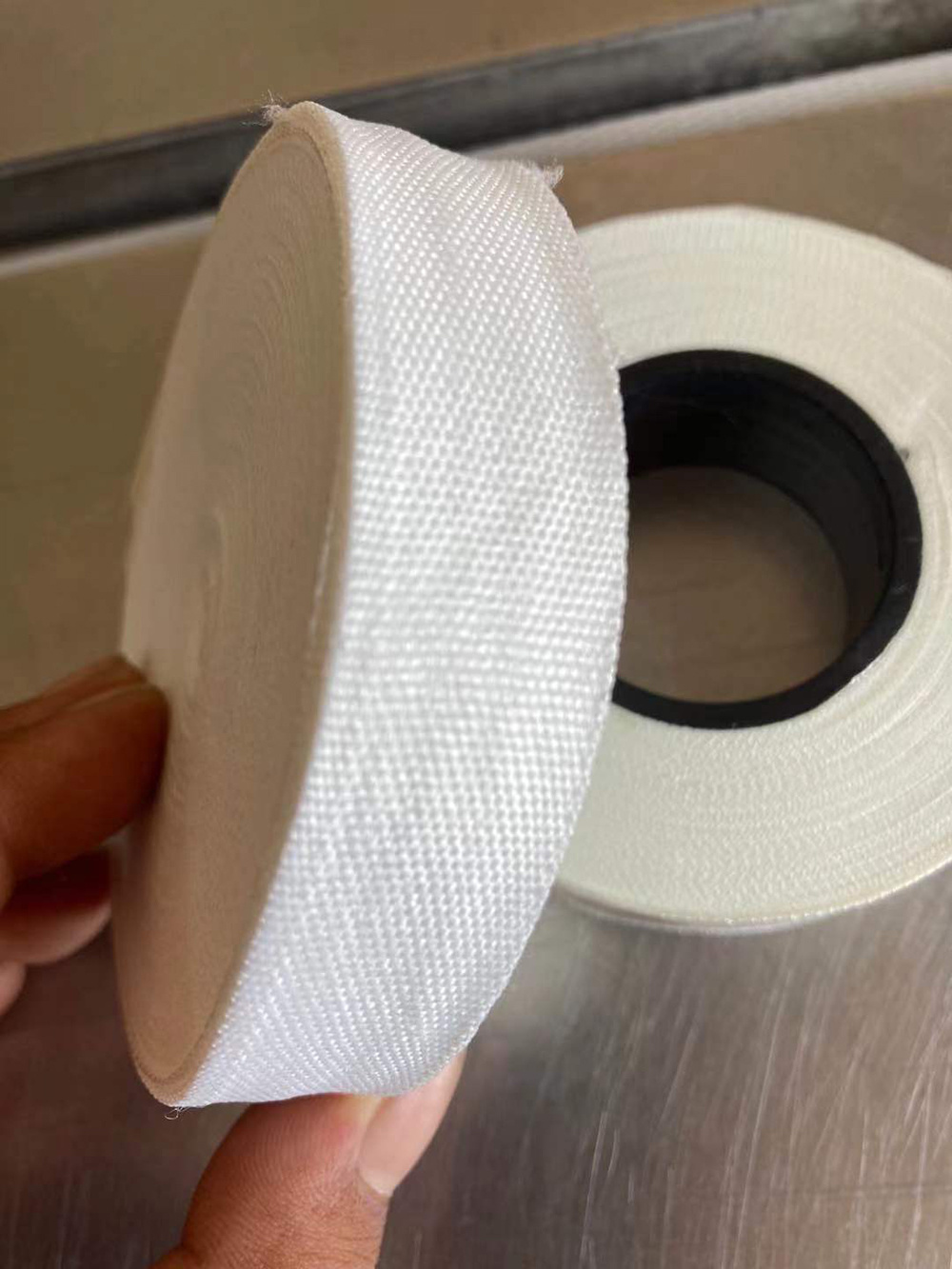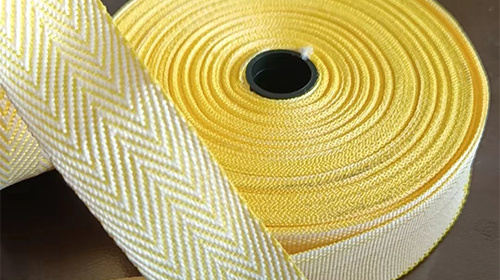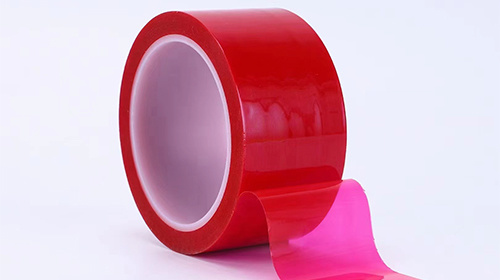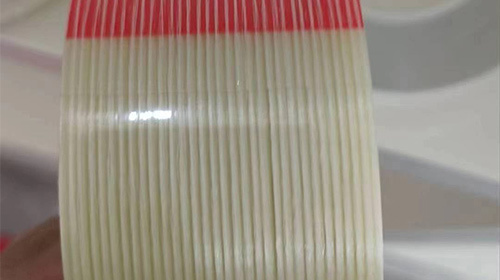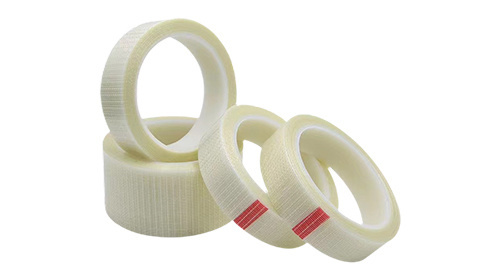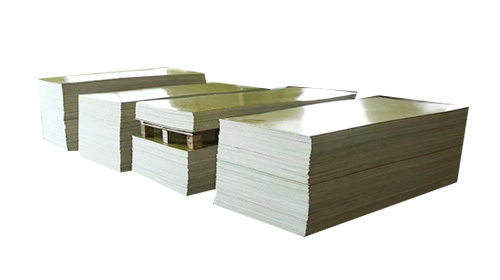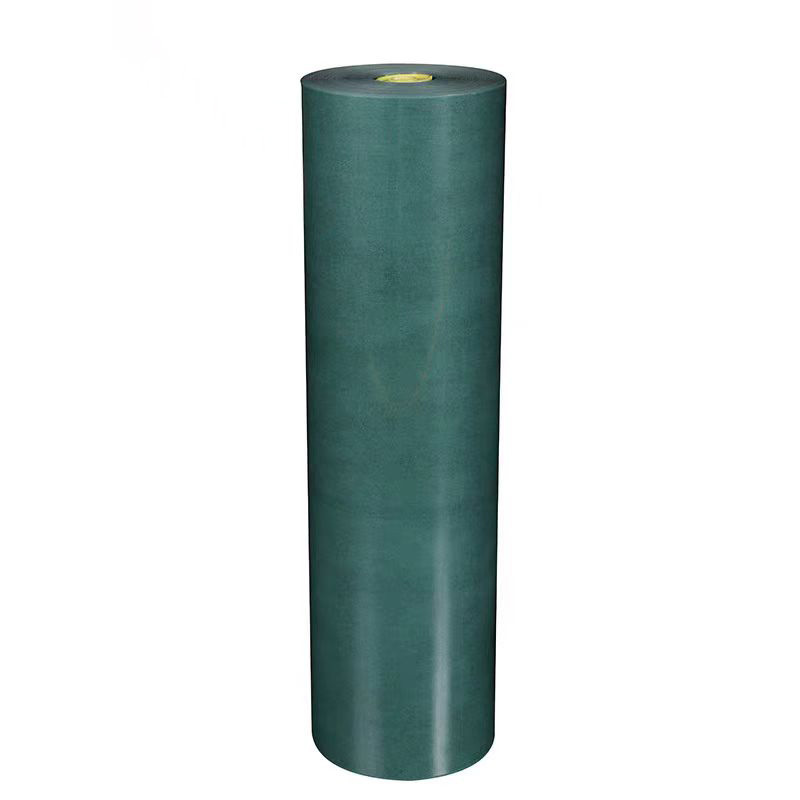Understanding Fiber Glass Tape: Essential Insights for Electrical Insulation
Fiber glass tape is made from woven glass fibers, which are known for their high tensile strength and excellent thermal resistance. This material is particularly valuable in environments where durability and insulation are paramount. One of the key advantages of fiber glass tape is its non-conductive nature, which makes it ideal for insulating electrical components and preventing short circuits. A
Fiber glass tape is made from woven glass fibers, which are known for their high tensile strength and excellent thermal resistance. This material is particularly valuable in environments where durability and insulation are paramount. One of the key advantages of fiber glass tape is its non-conductive nature, which makes it ideal for insulating electrical components and preventing short circuits. Additionally, its resistance to heat and moisture significantly enhances the safety and longevity of electrical systems.
When considering the applications of fiber glass tape, it is commonly used in electrical insulation for wires and cables. It serves as a protective layer, ensuring that the conductors within are safeguarded from external elements that could compromise their integrity. Moreover, fiber glass tape is often employed in the repair of damaged wiring or as a reinforcement for electrical connections, providing an added layer of security.
Another important characteristic of fiber glass tape is its chemical resistance. Unlike traditional insulating materials, fiber glass can withstand exposure to various chemicals and environmental factors, making it suitable for use in industrial settings where such conditions are prevalent. This feature not only helps in maintaining the functionality of electrical systems but also extends their operational lifespan.
In addition to its insulating capabilities, fiber glass tape offers excellent flexibility. This allows it to conform to various shapes and sizes, making it easier to apply in intricate electrical assemblies. The lightweight nature of the tape also promotes ease of handling and application, further enhancing its usability in the field.
When selecting fiber glass tape for specific applications, it's essential to consider factors such as thickness, weave pattern, and adhesive properties. These specifications can influence the tape's performance and suitability for particular tasks. For instance, a thicker tape may provide improved insulation but could be less flexible than a thinner variant. Understanding these characteristics can help professionals make informed choices that align with their requirements.
In conclusion, fiber glass tape is an indispensable material in the electrical insulation industry. Its combination of strength, heat resistance, chemical stability, and flexibility makes it an optimal choice for a variety of applications. By leveraging the benefits of fiber glass tape, electricians and engineers can enhance the performance and safety of their electrical systems, ensuring reliability in their operations.
When considering the applications of fiber glass tape, it is commonly used in electrical insulation for wires and cables. It serves as a protective layer, ensuring that the conductors within are safeguarded from external elements that could compromise their integrity. Moreover, fiber glass tape is often employed in the repair of damaged wiring or as a reinforcement for electrical connections, providing an added layer of security.
Another important characteristic of fiber glass tape is its chemical resistance. Unlike traditional insulating materials, fiber glass can withstand exposure to various chemicals and environmental factors, making it suitable for use in industrial settings where such conditions are prevalent. This feature not only helps in maintaining the functionality of electrical systems but also extends their operational lifespan.
In addition to its insulating capabilities, fiber glass tape offers excellent flexibility. This allows it to conform to various shapes and sizes, making it easier to apply in intricate electrical assemblies. The lightweight nature of the tape also promotes ease of handling and application, further enhancing its usability in the field.
When selecting fiber glass tape for specific applications, it's essential to consider factors such as thickness, weave pattern, and adhesive properties. These specifications can influence the tape's performance and suitability for particular tasks. For instance, a thicker tape may provide improved insulation but could be less flexible than a thinner variant. Understanding these characteristics can help professionals make informed choices that align with their requirements.
In conclusion, fiber glass tape is an indispensable material in the electrical insulation industry. Its combination of strength, heat resistance, chemical stability, and flexibility makes it an optimal choice for a variety of applications. By leveraging the benefits of fiber glass tape, electricians and engineers can enhance the performance and safety of their electrical systems, ensuring reliability in their operations.






